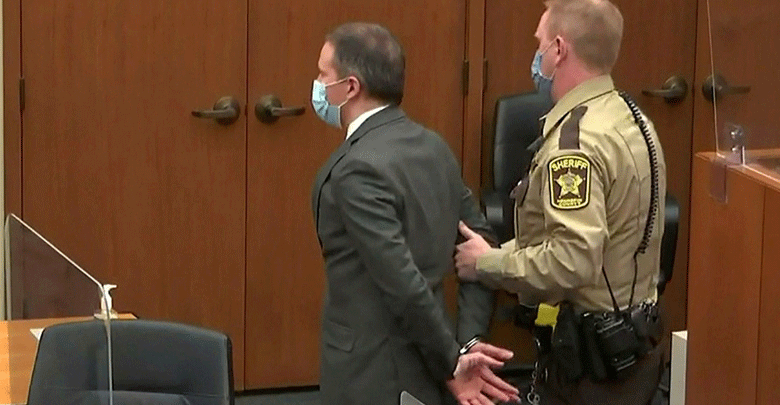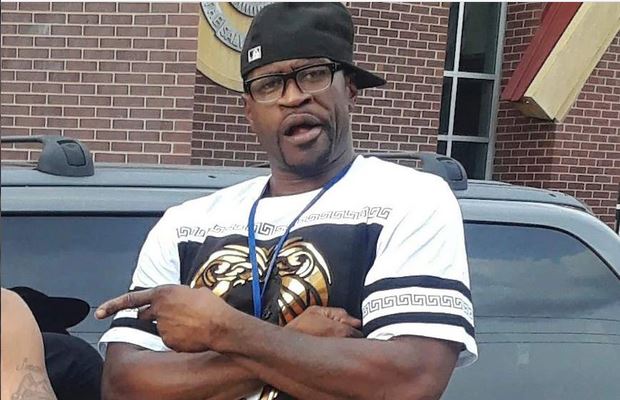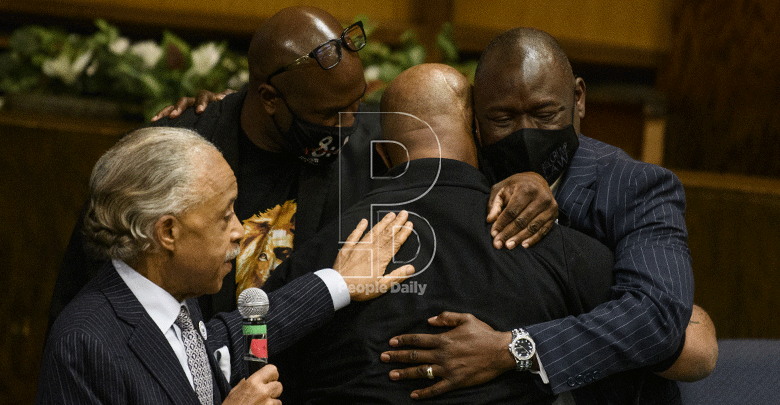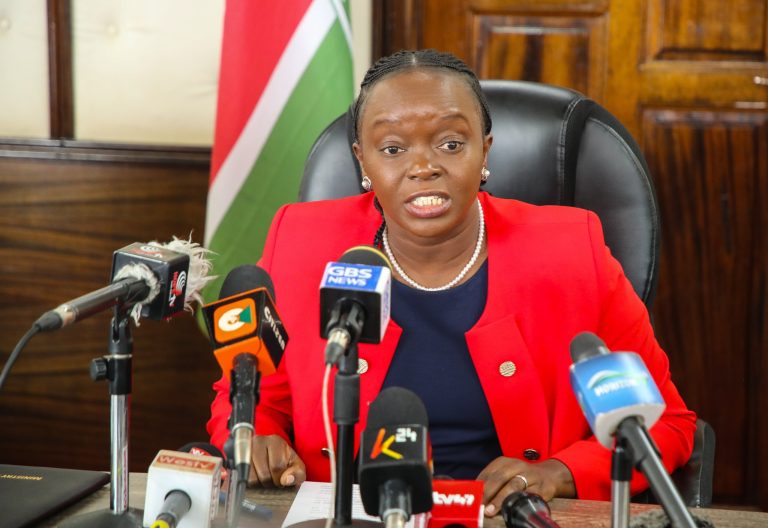Kenya’s curse of cases stuck at corridors of justice
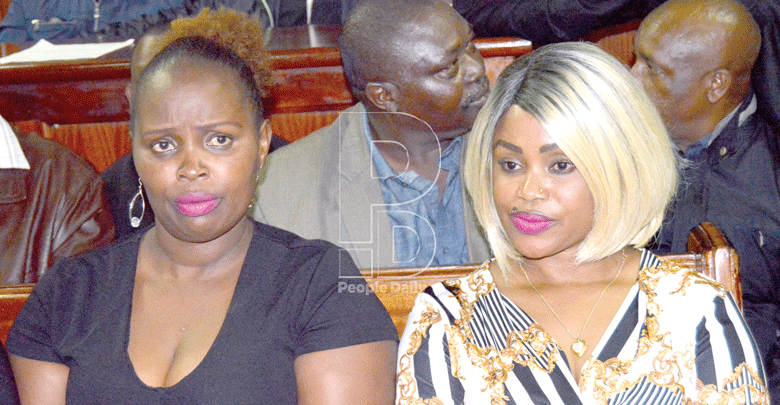
Last week, Derek Chauvin, the former American white police officer who knelt on the neck of George Floyd for close to 10 minutes, was found guilty of the black man’s murder.
The trial was swift — it took 14 days — for the prosecution and defence to present their case, witnesses to testify and lawyers to make their closing statements.
It took the jury 10 hours to reach the verdict, which was soon after read out in court.
Chauvin will be sentenced on June 16.
Floyd is dead and no length of sentence for Chauvin will bring him back. But at least justice has been served and swiftly so.
Cases of black people in America getting justice are few and far between. But even that disappointing verdict is delivered without any unnecessary delays.
Compare to the Kenyan situation where justice is not only elusive but also takes ages even for injustice to be served.
The saying, justice delayed is justice denied may be a cliché, but in Kenya, it is the stark, sad truth.
As cases drag on in court for years on end, witnesses and suspects die, judges move to new stations or retire, lawyers move on… the cases are even forgotten by the public and the media.
Local lawyers concur that though the backlog of cases in the country has been of a major concern, immense resources is required in investigations and infrastructure, both in the National Police Service and Judiciary.
Senior Counsel Fred Ojiambo and Philip Murgor, say Kenya has the capacity to handle such cases expeditiously if only the police, prosecutors and courts are better facilitated.
Advanced technology
According to Ojiambo, the justice system in the US is way ahead of Kenya due to advanced technology, infrastructure and the general set of their judiciary.
“First we must appreciate the fact that they are advanced technologically. Unlike in our situation where our magistrates and judges take notes manually, in the US everything from evidence to analysis is done digitally, which saves time,” says Ojiambo, who is also the chairman of the Senior Counsel Committee.
Ojiambo and Murgor want the Judiciary to increase the number of magistrates and judges to enable them cope up with the high number of cases.
“But foremost, the cases ought to have been well investigated so that by the time it gets to the prosecutor, it is compact and seamlessly flaws through.
There are numerous instances when some investigators present half-baked cases that the prosecutor is forced to either return or become difficult to prosecute, due to so many gaps,”Murgor says.
The two also cite incidences of unwillingness for witnesses to testify, difficulties in translation of witness testimonies into official court language, which is English and some lawyers playing small games of seeking adjournments.
“There are some lawyers who resort to unnecessary adjournments in the hope of using the tactic to assist their clients get off the hook,” Ojiambo says.
Ojiambo adds: “But top on all these, is the need to adequately facilitate our magistrates and judges.
They need to be equipped with research assistants and latest technology. In the US, like in the case of Chauvin, the judges on the bench had research assistants who did bulk of the work for them, while in our situation, the judges have to undertake that by themselves.”
Director of Criminal Investigations George Kinoti, while recalling years back when cases used to take a record short time despite fewer courts, magistrates and judges by then, says it is still possible for Kenya to return to the good old days.
“The main problem is that our justice system has been inundated with lords of evil moneyed cartels out to buy justice to the detriment of the poor and the country’s good,” says Kinoti.
“What has really changed? Before the cartels emerged to take us hostage, cases used to take a very short time yet we had few magistrates, judges and prosecutors who were augmented by police as special prosecutors,” Kinoti adds.
To address the problem, the DCI boss calls for a thorough self-retrospect among all players in the justice system so that the “country can have individuals with the will, drive, sense of humanity and willing to progress without being dictated by cartels.”
Below, we look at some of the cases that have been pending in court for more than three years in Kenya.
